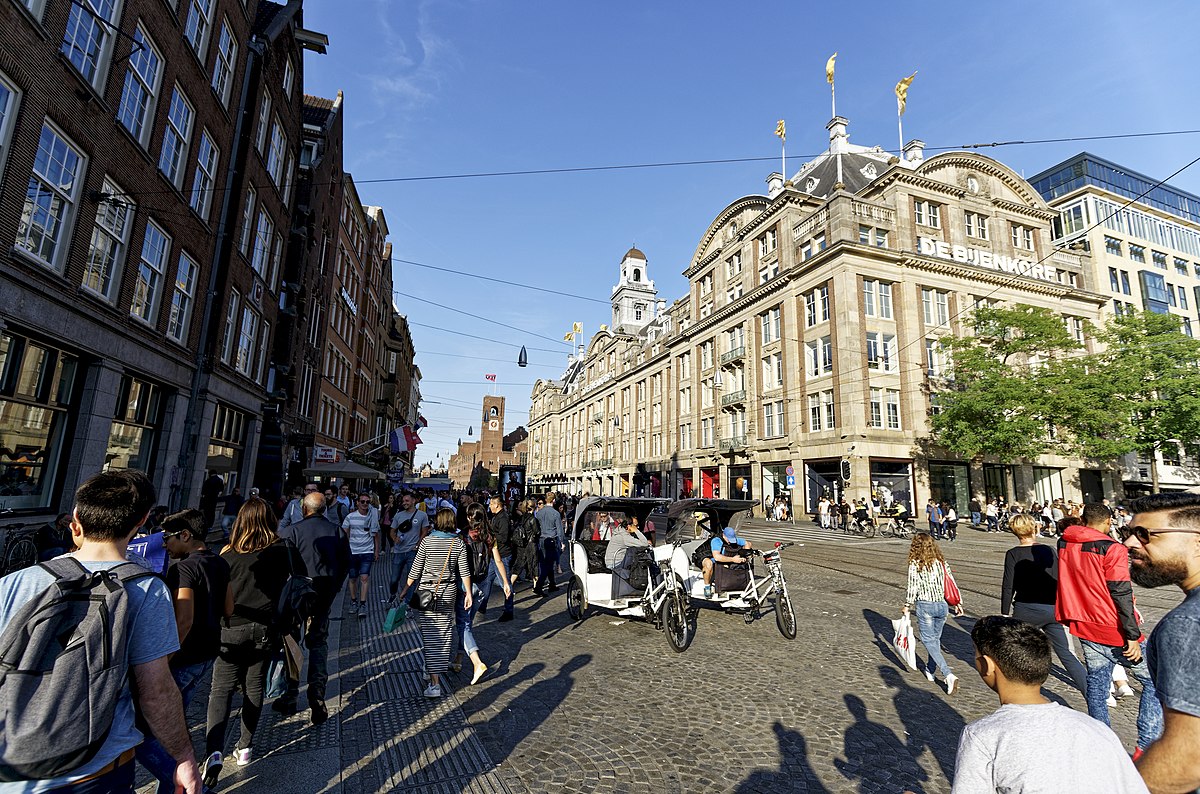According to Dutch national newspaper, NU.nl, the number of retailers who stopped selling has doubled last year, meaning that high street woes aren’t confined to Britain. As NU.nl reports, several thousand entrepreneurs have given up to avoid getting into debt with the problem being exacerbated by what it describes as pressure from the labour market.
“This concerns approximately 4 percent of retailers and that is twice as many as in 2022,” says Jan Meerman of INretail, the trade association for fashion, sports and shoe stores. “They are pulling the plug on their business because they no longer see a future in it. This involves thousands of entrepreneurs and that is worrying.”
“In addition, sky-high inflation has also taken a toll. “Energy, rental and wage costs have risen sharply last year, while turnover has remained the same compared to 2022. This means that returns are under pressure. The increase in the minimum wage in particular is causing additional costs.”
High inflation causes higher purchasing and wage costs, rents rise and consumers also keep their hands tighter more often.
Dirk Mulder, trade and retail sector banker at ING, also recognises that many retailers are deciding to close down, saying. “There is a lot of stress amongst business owners. They have just come out of corona, followed by the war in Ukraine. High inflation also causes higher purchasing and wage costs, rents are rising and consumers are also holding their hands more often. the cut.”
According to Meerman, the number of bankruptcies in the shopping street is also increasing. Figures from statistics agency CBS show that 1,637 companies have gone bankrupt since the summer. For example, Handyman, a retail chain that sells parts for household appliances, Big Bazar and the packaging-free supermarket Pieter Pot recently went bankrupt.
“The vacancy rate is quite stable, but the number of shops is decreasing. This is often replaced by housing and catering.” Many entrepreneurs are also suffering from the unprecedented tightness in the labour market, which sees 380,000 open job vacancies in The Netherlands. “That is a problem everywhere. For example, there is a significant shortage of kitchen fitters, parquet layers and drivers. Many entrepreneurs receive enough assignments and orders, but there are too few people to carry out everything,” says Meerman.
This ultimately means that many retailers have to close their doors early. “They close earlier or open later as there are simply no staff.”
Image: Amsterdam – Dam Square – View on Damrak, Beurs van Berlage & Bijenkorf
















